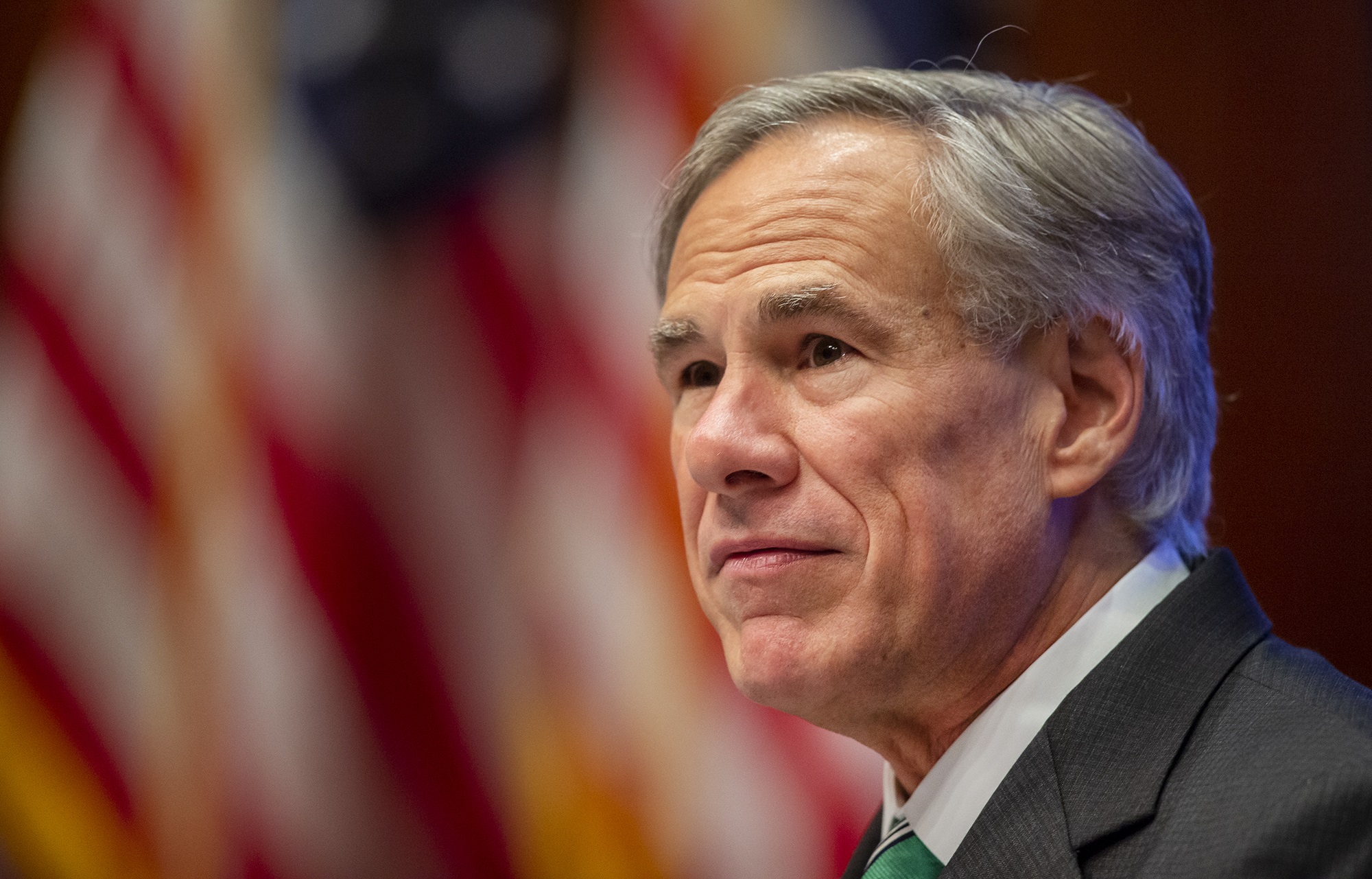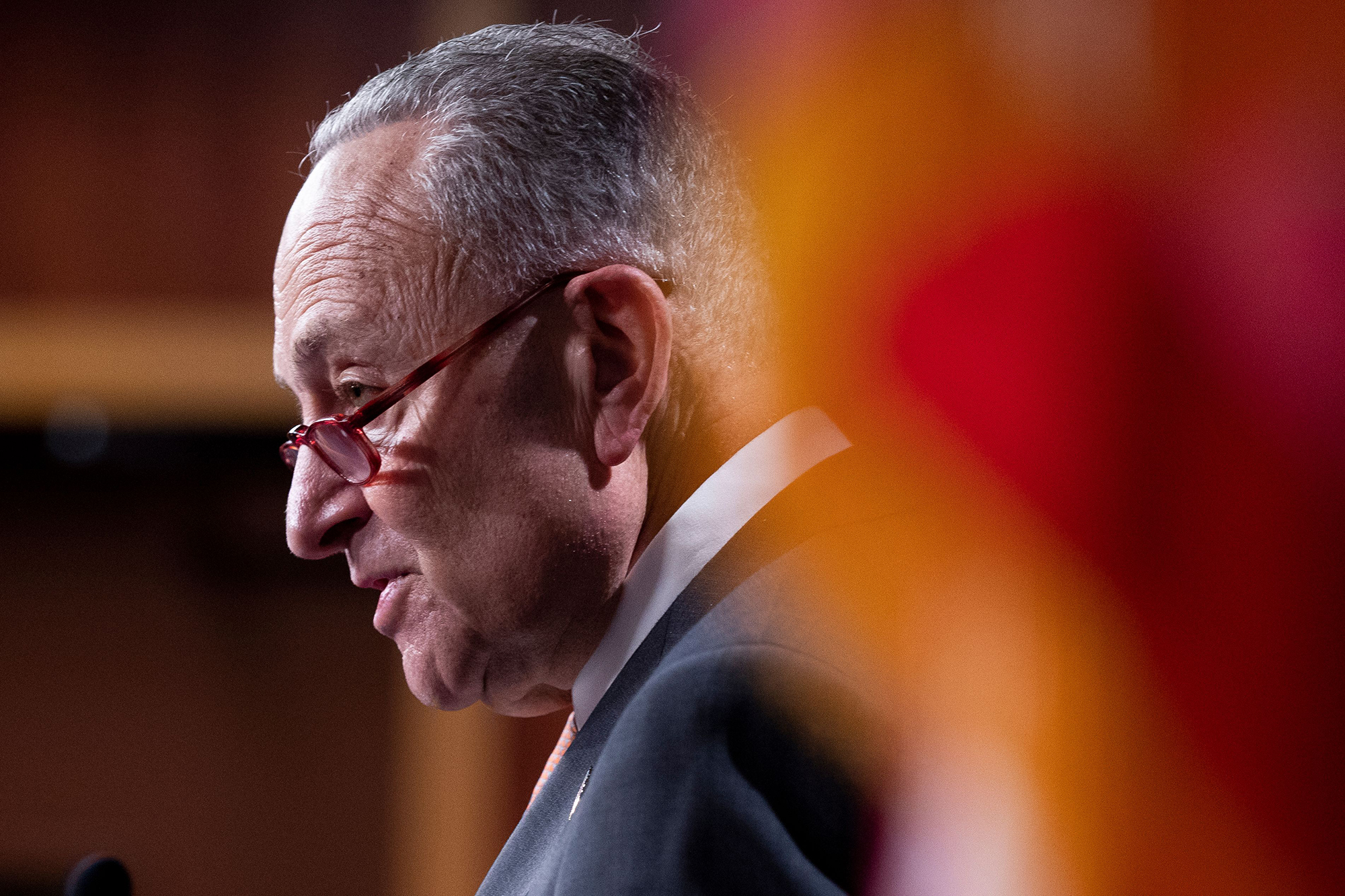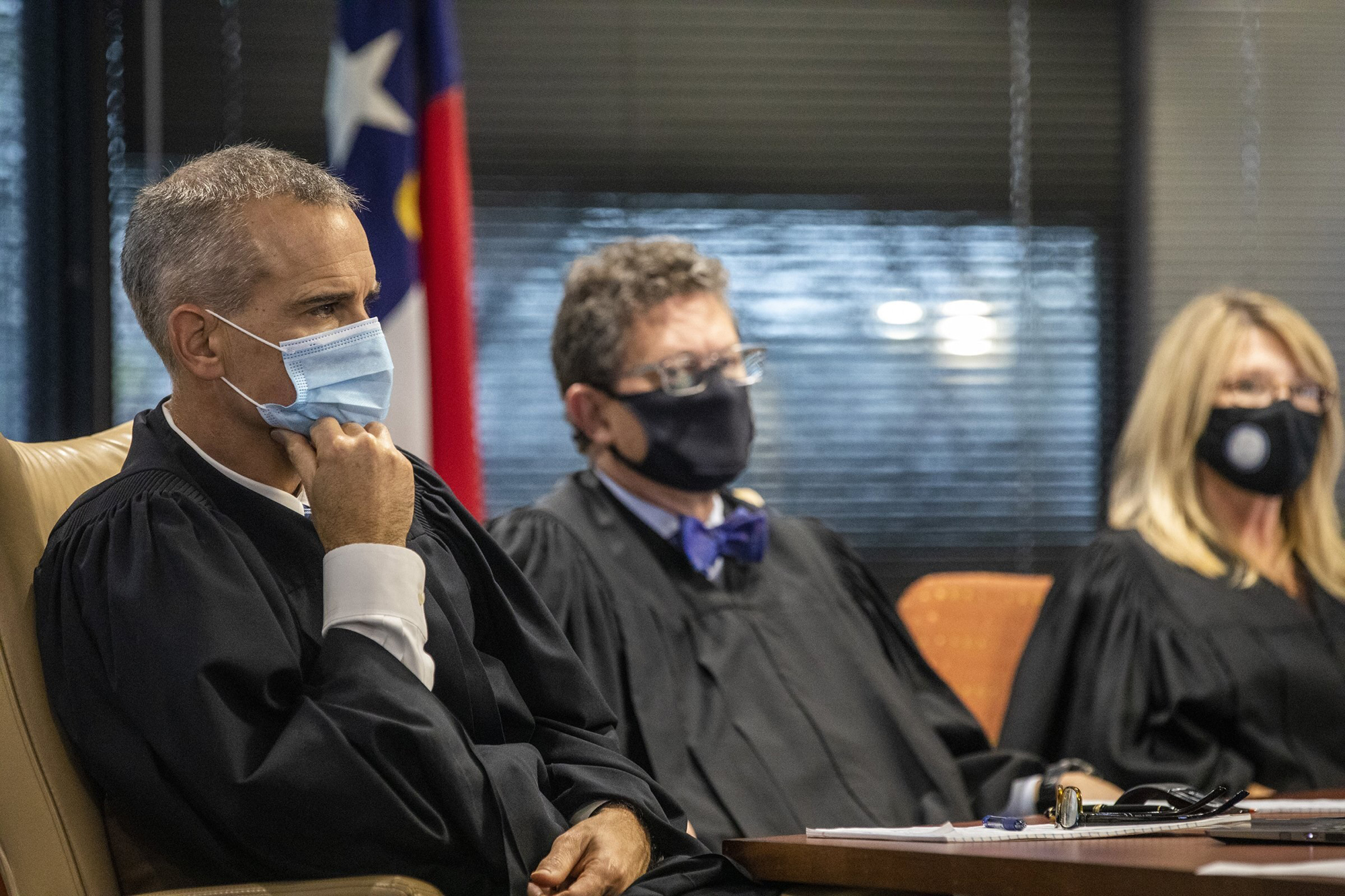GOP governors vs. Biden shape fight against omicron: The Note
The sparring isn’t what it was, but the ramifications could be as significant.
The TAKE with Rick Klein
President Joe Biden said Tuesday that he felt like he was in an echo chamber, as he laid out a familiar strategy to defeat COVID: vaccines, masks, testing, treatments.
In each one of those areas, Biden is running into resistance if not legal action from Republican governors. The sparring isn't quite what it was when his predecessor warred with blue-state leaders in 2020, but the ramifications for politics and public health could be just as significant.
The governors of the nation's second- and third-largest states happen to be Republicans who are up for reelection this year and who might have eyes on a national run in the future.
Texas Gov. Greg Abbott on Tuesday is building on executive orders banning vaccine mandates in his state with a new vow to sue the Biden administration to block vaccine requirements for members of the Texas National Guard. That came just days after Abbott formally requested federal aid for testing sites and additional monoclonal antibody treatments to help fight COVID infections.

In that same vein, Florida Gov. Ron DeSantis is blasting the Biden administration for driving up the price of COVID treatment pills by buying so many for the federal government to distribute. He also suggested that the Biden administration is giving Florida less access to treatments based on "political preference."
Meanwhile, as The Washington Post reported this week, DeSantis and some other Republican elected officials are among those publicly doubting the efficacy of vaccine booster shots.
The president has long said publicly that it's time to take politics out of the battle against COVID. Part of the problem now is that it's never been removed from the conversation.
The RUNDOWN with Averi Harper
Reality is setting in after Senate Majority Leader Chuck Schumer's forceful letter and floor speech calling for his colleagues to support a Senate rule change to make way for voting rights legislation.
"How can we Democrats permit a situation in which Republicans can pass voter suppression laws at the state level with only a simple majority vote but not allow the United States Senate to do the same?" Schumer said Tuesday. "And I ask that of my Democratic colleagues. This asymmetry cannot hold."

Despite his impassioned appeal, Schumer doesn't have the votes. Sen. Joe Manchin called the notion of creating a "nuclear option" that would allow legislation to pass with a simple majority "a heavy lift." McConnell described Schumer as "hellbent to try to break the Senate." On Tuesday, Schumer acknowledged the slim chances of his effort being successful.
"It's an uphill fight," Schumer told reporters Tuesday. "I don't want to give anybody the illusion that we're there, but hopefully we can get 50 of us to come to an agreement."
Still, Schumer has doubled down on his Martin Luther King Day deadline for debate and consideration of rules changes if Republicans continue to block voting reform legislation. White House press secretary Jen Psaki told reporters Biden will speak about voting rights in his Jan. 6 address and that the president would "work in close lockstep" with Schumer on reforms.
The TIP with Hannah Demissie
The first major redistricting hurdle in one of 2022's most high-profile battleground states is unfolding this week in North Carolina, as witnesses offered testimony in a gerrymandering trial highlighting the disparity proposed maps would impose on voters of color.
Some of the strongest testimony Tuesday came from James Leloudis, a professor of history at the University of North Carolina at Chapel Hill. Leloudis wrote a report that provided a comprehensive overview of the history of race and politics in North Carolina and identified ballot access patterns.

"North Carolina has a long and cyclical like history of Black political gains answered by conservative white backlash and retrenchment," he concluded.
It was only last month when the North Carolina Supreme Court halted candidate filing for the 2022 midterm elections in the state and pushed back the primary from March 8 to May 17 due to issues over redistricting. This trial is only set to last three days, with closing arguments expected Thursday. But the outcome could determine which party wins the state's battleground districts.
ONE MORE THING
ABC News Chief Washington Correspondent Jonathan Karl provides analysis on how close the country came to having former President Donald Trump and his supporters overturn the 2020 election, ABC News Political Director Rick Klein examines the impact the "big lie" has had on our democracy and ABC News' Libby Cathey previews the range of Jan. 6 anniversary events and looks at how Trump has continued to push the "big lie" over the last year.
THE PLAYLIST
ABC News' "Start Here" Podcast. Start Here begins Wednesday morning with frequently asked questions (and answers) about omicron and its differences from other COVID-19 variants. Then, ABC's Elizabeth Schulze discusses the record number of Americans who quit their jobs in November. And, ABC's Kenneth Moton reports on the winter storm in Virginia that left drivers stranded on I-95 for 24 hours. http://apple.co/2HPocUL
WHAT YOU NEED TO KNOW TODAY
Download the ABC News app and select "The Note" as an item of interest to receive the day's sharpest political analysis.
The Note is a daily ABC News feature that highlights the day's top stories in politics. Please check back tomorrow for the latest.



